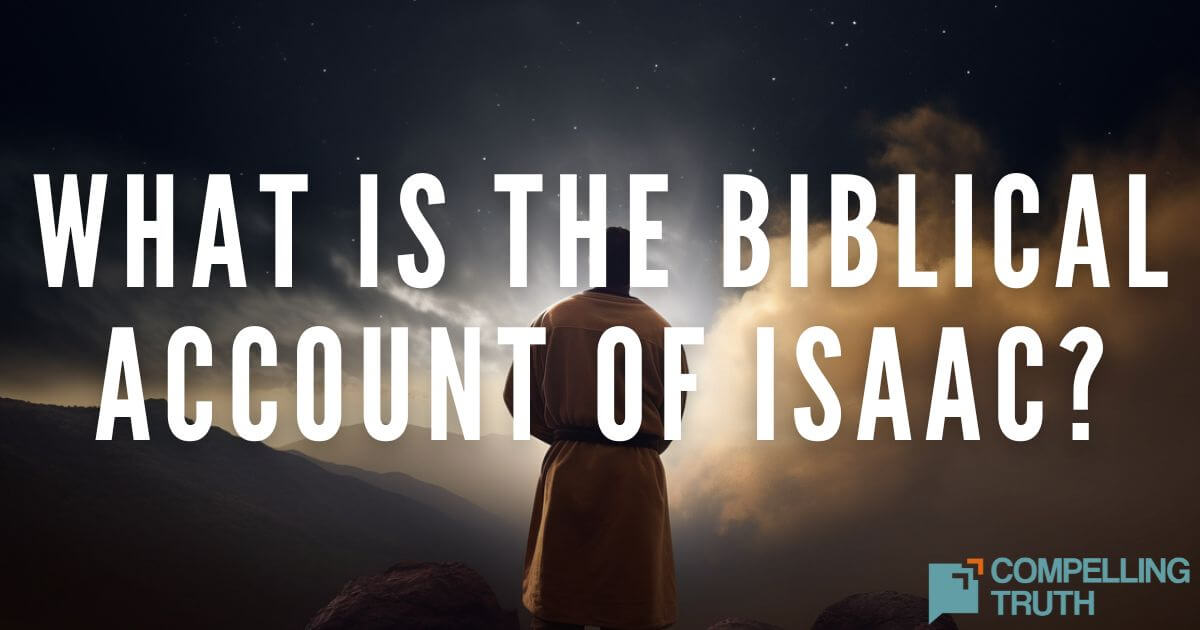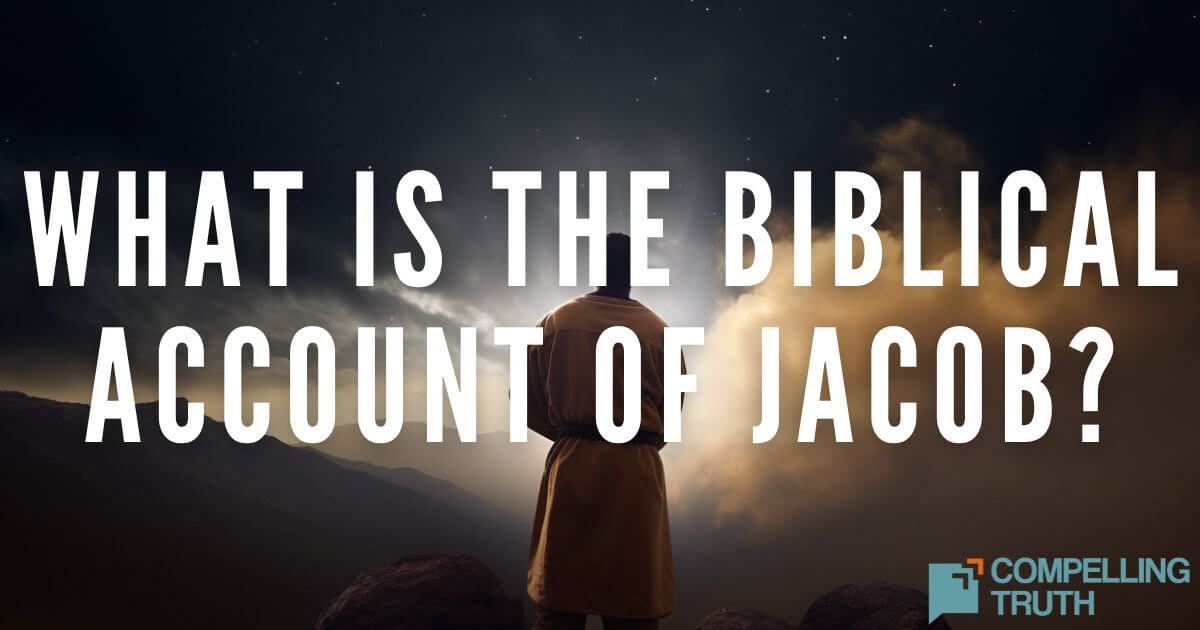Abram, whom God renamed Abraham, was a patriarch through whom God made a significant covenant. God promised Abraham descendants, land, and that the whole earth would be blessed through him. This was fulfilled through Jesus, who came through Abraham’s lineage. Abraham’s faith is seen in his actions: he obeyed God’s call to leave his country and journey to Canaan, he waited for the fulfillment of the promise of a son (even if he messed up while he waited by having Ishmael with Sarah’s maidservant, Hagar), he willingly took Isaac to be sacrificed when God tested his faith. Abraham faced trials but remained faithful to God. Abraham's faith and obedience are celebrated in both the Old and New Testaments, with his faith serving as an example of righteousness for believers. The covenant God made with Abraham extends beyond his physical descendants, encompassing everyone who has faith in God. Abraham is an example of God’s faithfulness and of faith that results in action.
The story of Abraham is one of faith. In a world where we instantly have information at our fingertips and where we have so many conveniences immediately available to us, we struggle to wait. Waiting for God when He has not answered is hard; however, Abraham’s life reminds us that God is good, is at work, and will answer. Abraham left all he had and traveled from modern day Baghdad to Turkey to Jerusalem to Egypt and back with several stays in the Negev because he trusted in God’s call to him. For decades, he had no son and no homeland, and the only land he officially owned was one well and one field with a grave. Abraham was one hundred years old when his son and heir was born, even though God promised this many years before. Abraham trusted God even when He asked him to sacrifice this promised son. He trusted that God’s promise of having a son and heir was fulfilled in Isaac, so whatever God was calling him to do with Isaac would not negate His promise.
While alive, Abraham did not get to see the total fulfillment of all God had promised him, yet God was faithful, and His promises came true. As Hebrews 11:13–16 says, “These all died in faith, not having received the things promised, but having seen them and greeted them from afar, and having acknowledged that they were strangers and exiles on the earth. For people who speak thus make it clear that they are seeking a homeland. If they had been thinking of that land from which they had gone out, they would have had opportunity to return. But as it is, they desire a better country, that is, a heavenly one. Therefore God is not ashamed to be called their God, for he has prepared for them a city.” When life becomes difficult and we must wait for God’s promises to be fulfilled, we can look to His fulfillment of His promise to Abraham through Jesus and know that He is faithful to accomplish His purposes in His timing and in His way for our good and His glory (Philippians 3:13–14).




